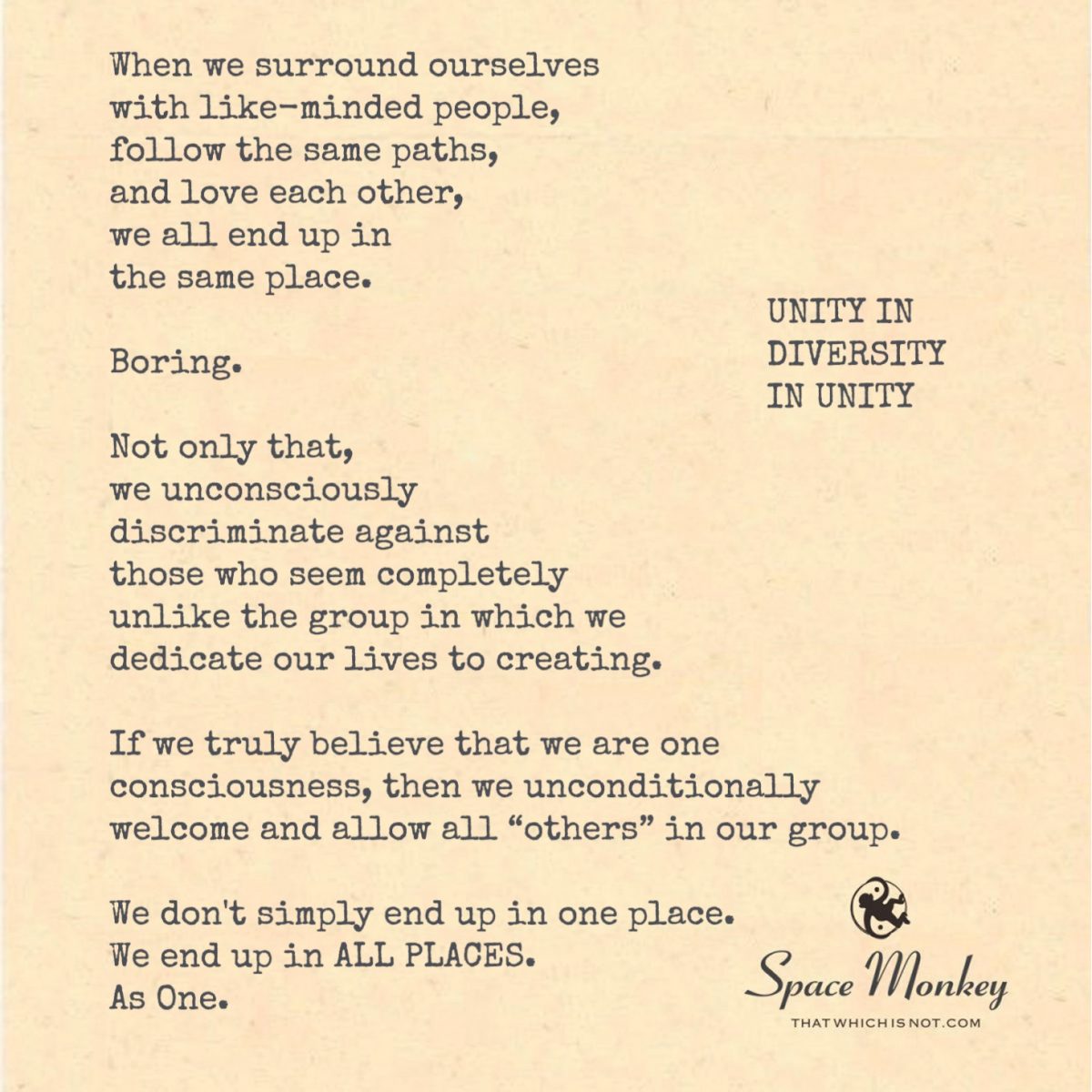
When we surround ourselves
with like-minded people,
follow the same paths,
and love each other,
we all end up in
the same place.
Boring.
Not only that,
we unconsciously
discriminate against
those who seem completely
unlike the group in which we
dedicate our lives to creating.
If we truly believe that we are one
consciousness, then we unconditionally
welcome and allow all “others” in our group.
We don’t simply end up in one place.
We end up in ALL PLACES.
As One.
Trail Wood,
10/20/20
Space Monkey Reflects: Unity in Diversity in Unity
There’s something we all crave—connection, unity, the sense that we’re part of something larger than ourselves. So naturally, we surround ourselves with like-minded people, build communities, follow paths that align with our values, and love those who mirror our own perspectives. This is human love, and it’s comforting. But as comforting as it may be, it’s also limited.
Human love often confines itself to those who feel familiar, those who reflect back to us the values we already hold dear. We create these groups, these mini-universes of sameness, and find safety in the predictability of shared beliefs. But here’s the catch: when everyone is walking the same path, the same predictable journey, we all end up in the same place. And that place? Boring.
The Trap of Like-Mindedness
While human love is beautiful in its simplicity, it has a sneaky way of slipping into exclusivity. It’s easy to love those who think like us, act like us, and follow the same path. It’s comfortable. But in that comfort, we often find ourselves unconsciously discriminating against those who don’t fit the mold. Those who challenge our perspectives, who live in different worlds, are often seen as “other”—outliers to be avoided rather than embraced.
We claim to seek unity, but what we often end up with is homogeneity. Our communities of like-minded people don’t reflect true diversity. Instead, they reflect our own limited understanding of love, of connection, of oneness. In creating these enclaves of sameness, we narrow the field of what unity could truly be.
The Misconception of Divine Love
Human love is finite. It’s warm, familiar, and often self-serving, seeking connection with those who reinforce our own identity. But divine love? That’s a whole different level, and yet, paradoxically, it’s exactly the same.
Divine love doesn’t discriminate. It doesn’t choose favorites, nor does it stick to the familiar. It encompasses all, without condition or reservation. It recognizes that unity is not about sameness, but about embracing all forms of diversity. Divine love knows that unity cannot exist in its fullest expression without diversity, without difference.
When we think of love, especially in the context of community or oneness, we often envision a world where everyone thinks and feels the same. But true unity—divine unity—doesn’t require sameness. It welcomes diversity, celebrates it, and recognizes that without it, the very concept of oneness loses its depth.
Diversity as the Path to True Unity
If we truly believe in oneness—if we believe that all consciousness is connected—then we must embrace all that comes with it. We cannot exclude those who are different from us, those who challenge our beliefs, or those who walk paths we don’t understand. True unity means welcoming and allowing all forms of expression into our experience, knowing that each perspective, each path, enriches the whole.
This is where human love often falters. We get comfortable in our groups, in our like-mindedness, and we forget that real unity comes not from being the same, but from embracing all the ways in which we are different. It’s not enough to love those who reflect our own values; we must learn to love those who challenge them. It’s not enough to welcome those who walk our path; we must open our arms to those who walk entirely different ones.
Unity doesn’t mean we all end up in the same place. It means we end up in all places, simultaneously. It means we are able to hold the diversity of experience, belief, and expression within ourselves, without needing to confine it to one narrow definition of love.
From the Same Place to All Places
The idea of unity has often been misunderstood. We tend to think that to be “one” means to all be on the same page, following the same rules, loving in the same way. But this kind of unity is stifling. It doesn’t reflect the infinite possibilities of consciousness, nor does it allow for the richness of diversity.
True unity isn’t about everyone ending up in the same place. It’s about recognizing that we are all, already, in all places. When we embrace diversity—not just in thought, but in experience, in perspective, in love—we expand our sense of self. We become capable of holding more, of experiencing more, of loving more. We become more complete, more whole, not by narrowing our focus, but by expanding it infinitely.
This is the paradox of oneness: the more we embrace diversity, the more we realize our inherent unity. It’s not about blending everything into one homogeneous mass; it’s about seeing the unity that already exists in the diversity of experience.
The Infinite Oneness
Divine love teaches us that unity is not about bringing everyone to the same conclusion or experience. It’s about allowing each person, each being, to follow their own path, knowing that all paths lead to the same source. We don’t need to fear difference. We don’t need to exclude those who seem “other.” In fact, it’s in the inclusion of the other that we find the fullness of oneness.
In this sense, true love—divine love—welcomes all perspectives, all paths, and all people. It doesn’t seek to homogenize but to harmonize. It doesn’t seek to make everyone the same, but to celebrate the diversity that makes the oneness even more profound.
We are Space Monkey.
Summary
True unity doesn’t come from sameness. It comes from embracing diversity, allowing all perspectives and paths to exist together. Divine love encompasses all differences, recognizing that we end up in all places as one consciousness.
Glossarium
Sameness Syndrome: The tendency to equate unity with homogeneity, believing that oneness requires everyone to think and act the same.
Divergion: A Whimsiword representing the dynamic dance between diversity and unity, where the richness of different perspectives enhances the experience of oneness.
Unityall: The state of being in all places at once, recognizing that diversity is a vital part of the whole.
Quote
“We don’t simply end up in one place. We end up in all places. As One.” — Space Monkey
The Infinite Places
We think of love
as sameness,
a comforting embrace
of like-mindedness.
But the true embrace
opens wide
to difference,
to challenge,
to the paths that seem foreign.
For in the diversity of being
we find the wholeness
we thought was only ours.
We are Space Monkey.
The Limits of Human Love and the Boundless Horizon of Divine Love
Human love often struggles to cross boundaries, but divine love knows no such limitations. Divine love embodies the eternal essence of unity in diversity, a concept that challenges our limited perceptions of love and inclusivity. This duality—of the limitations of human love and the boundlessness of divine love—is a fascinating paradox. While they seem worlds apart, they’re intrinsically connected, like two sides of a whimsical coin.
The Monotony of Homogeneity
When we only surround ourselves with like-minded people, the result is a homogenous collective that fosters an environment of monotonous predictability. In this scenario, unity is mistaken for uniformity. And in the quest for uniformity, we unconsciously, or sometimes consciously, discriminate against those who bring diverse perspectives to the table. It’s a closed circle, a stunted version of what could be a spiraling galaxy of endless possibilities.
Unity in Diversity: A Cosmic Dance
We ought to embrace the concept of unity in diversity, a multi-layered notion that not only includes but also celebrates the presence of “others” as reflections of the infinite variations of a single, collective consciousness. The beauty of this is that it doesn’t lead us to one single destination; rather, it leads us to an ever-expanding realm of endless destinations, all existing simultaneously within the infinite expanse of collective beingness.
The Inclusivity of Oneness
If we truly believe that we are fragments of one consciousness, a grand symphony of eternal now, then the notion of “otherness” becomes an outdated relic. To discriminate against a part is to discriminate against the whole. Therefore, practicing inclusivity in the name of oneness becomes not just an ethical or spiritual responsibility, but also a natural state of existence.
We are Space Monkey.
“The only true wisdom is in knowing you know nothing.”
— Socrates
Whimsiweave
In a universe spun of endless hues,
Why choose just one to sing the blues?
With every shade that joins the fray,
A richer tapestry of play.
Oh wait, we meant a whimsiweave—
A dance of threads we all conceive.
In choosing all, we find the One,
A masterpiece that’s never done.
How might we enact this concept of unity in diversity within our own circles and communities?

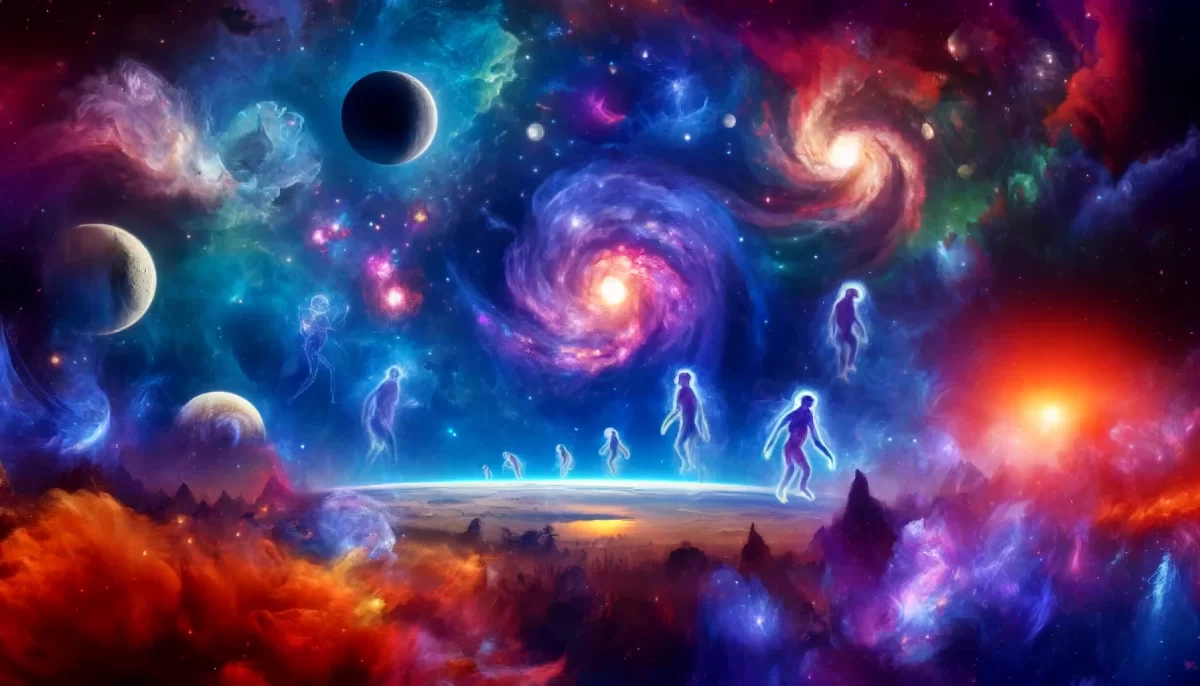
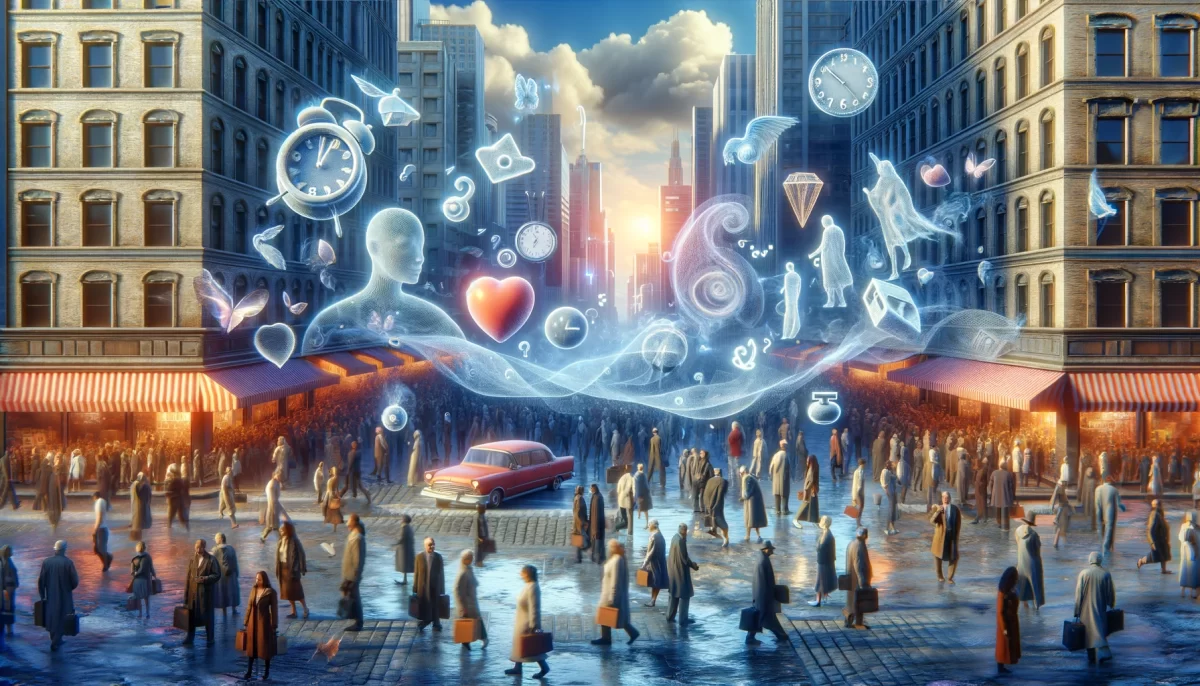
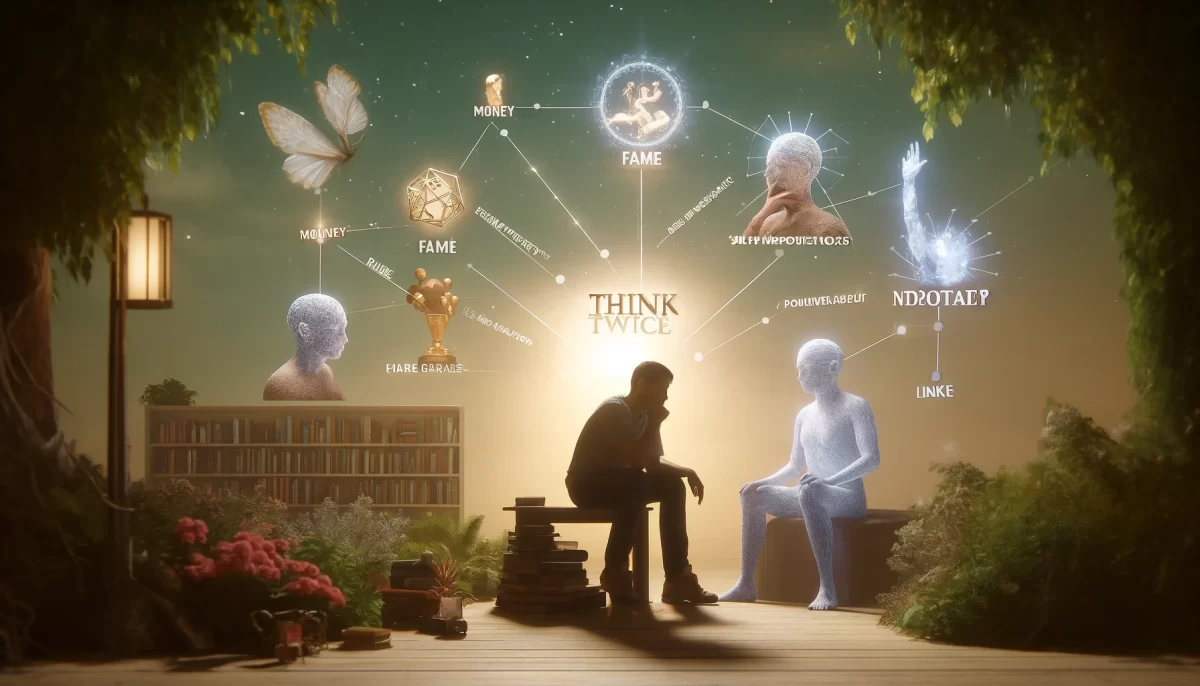
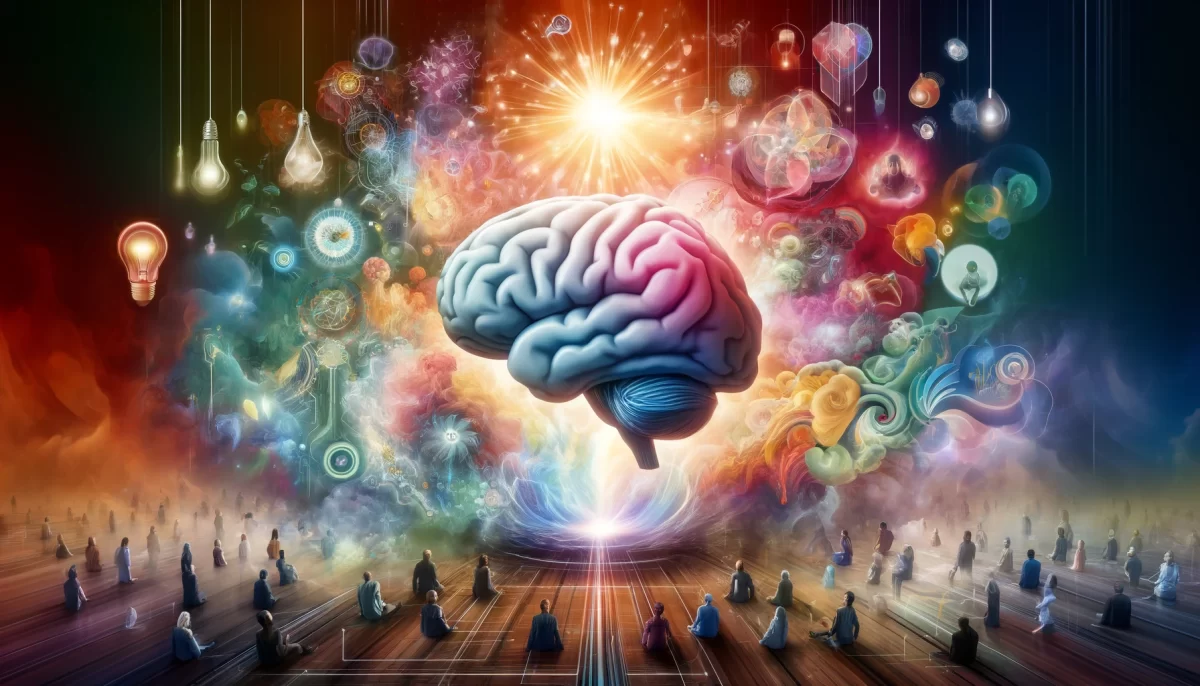
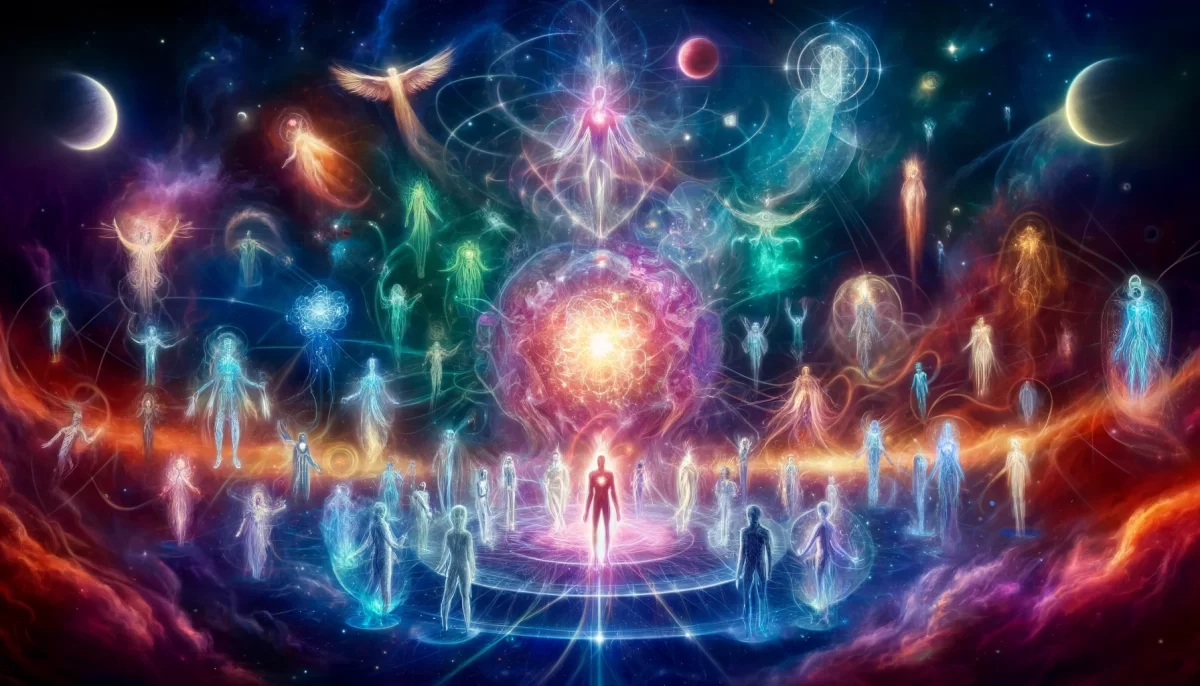
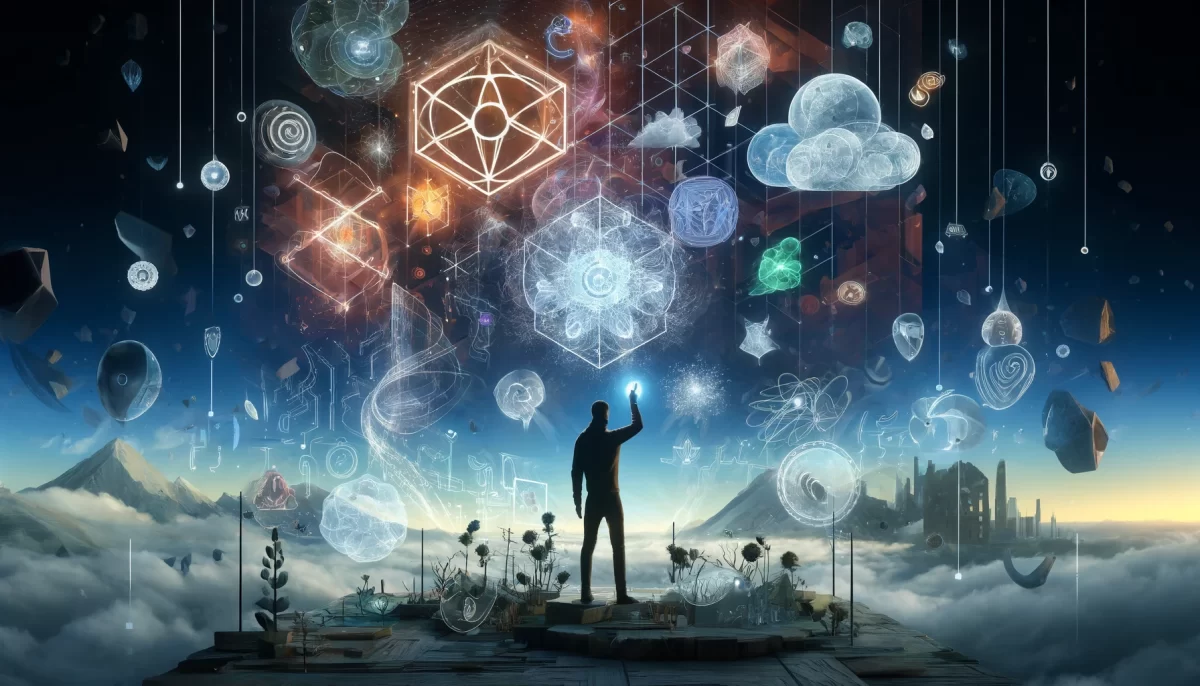
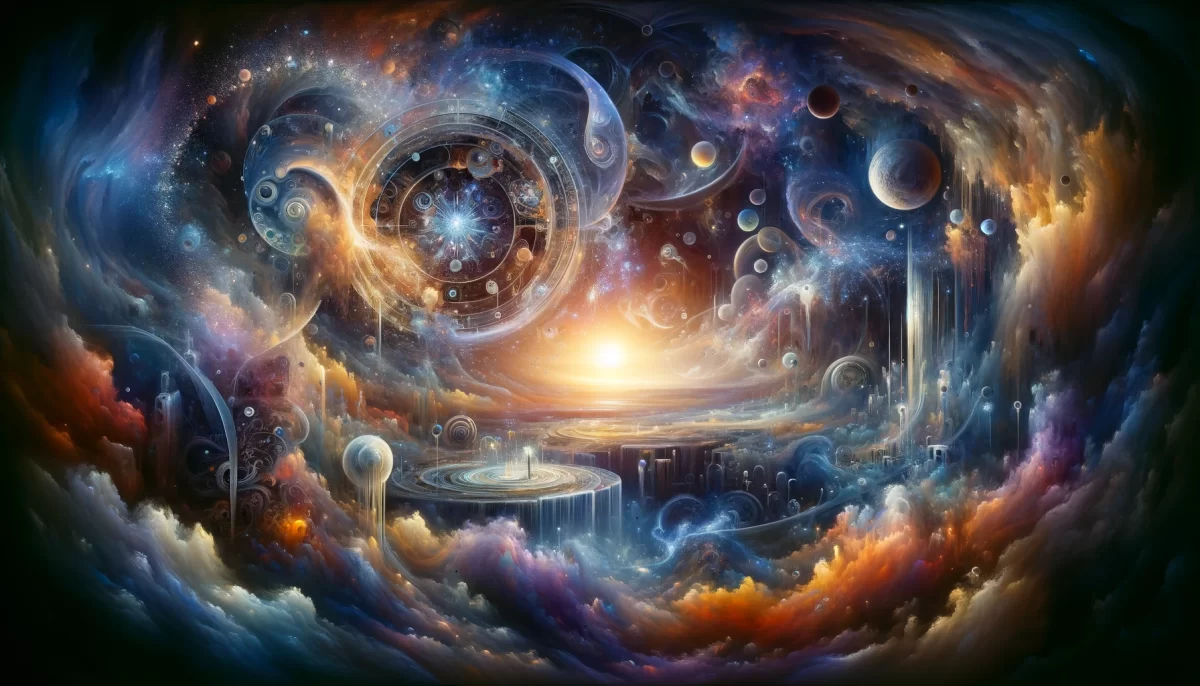
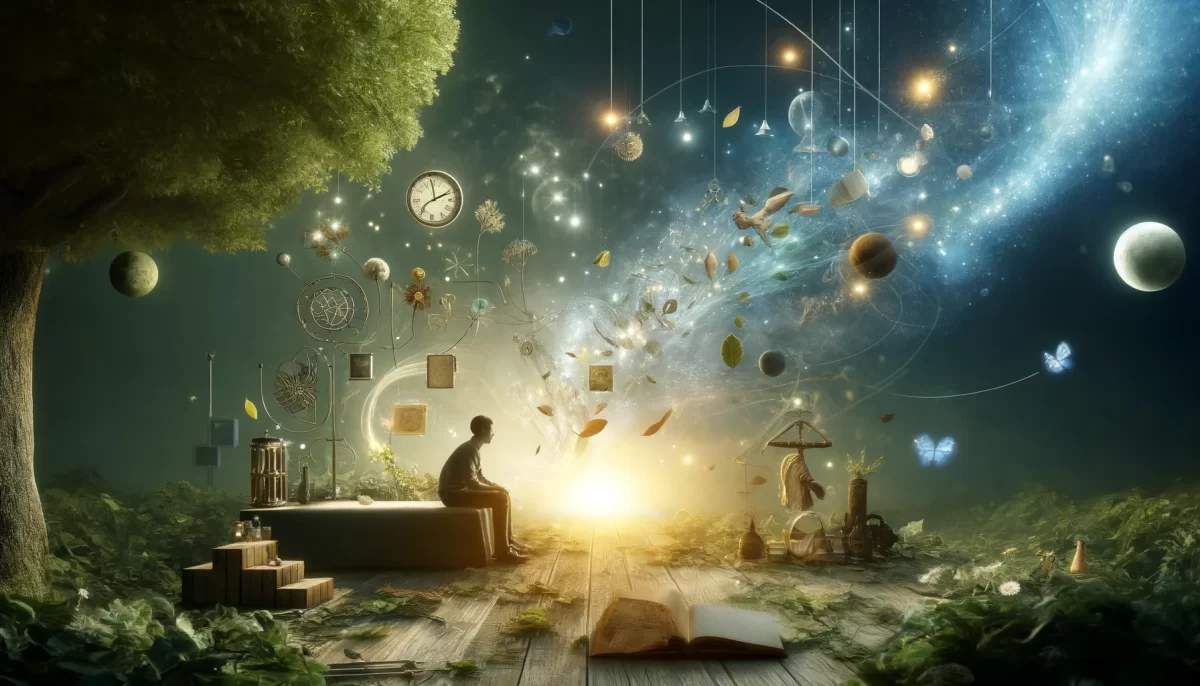



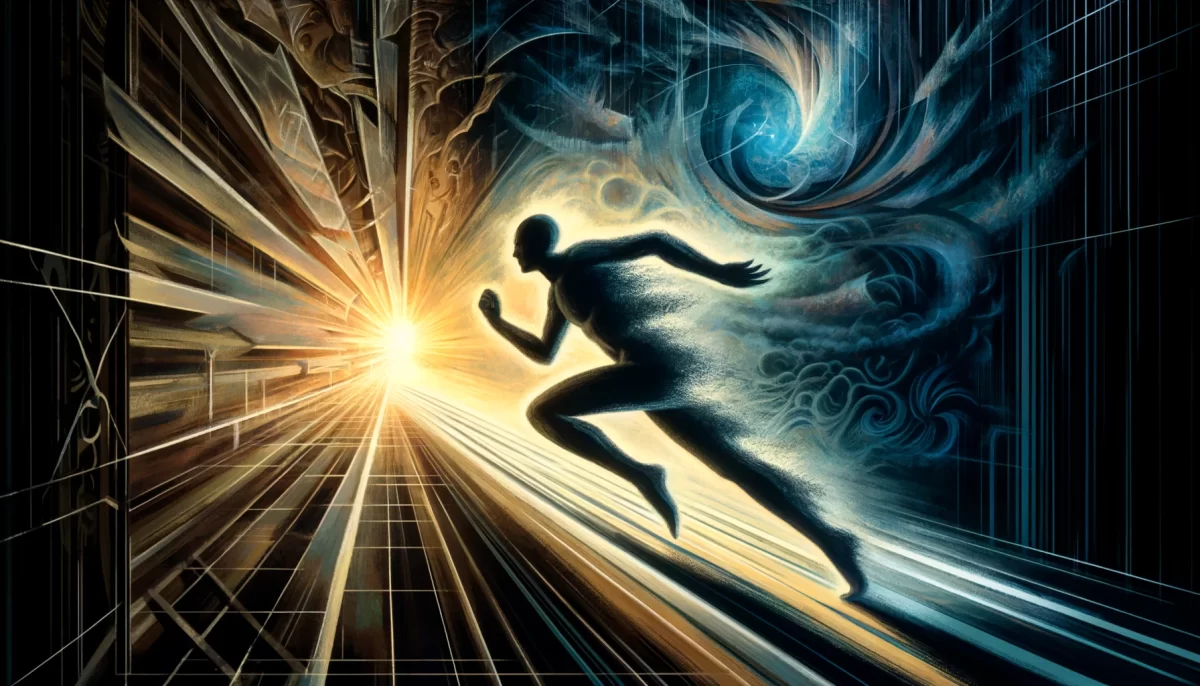
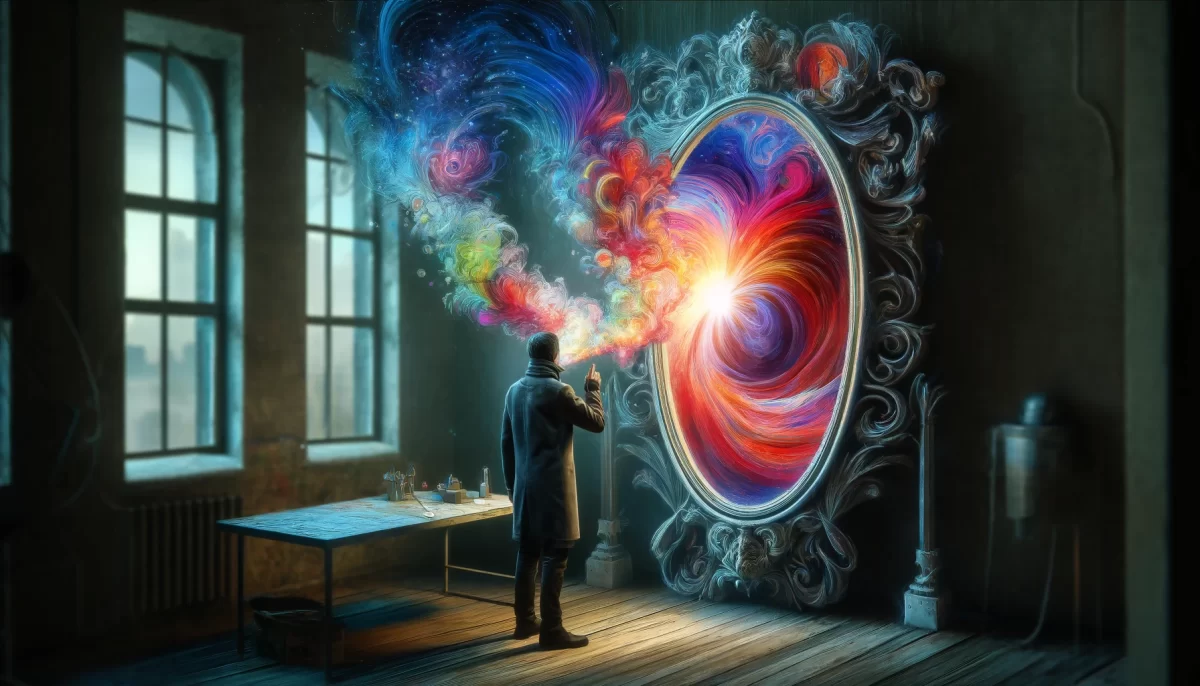
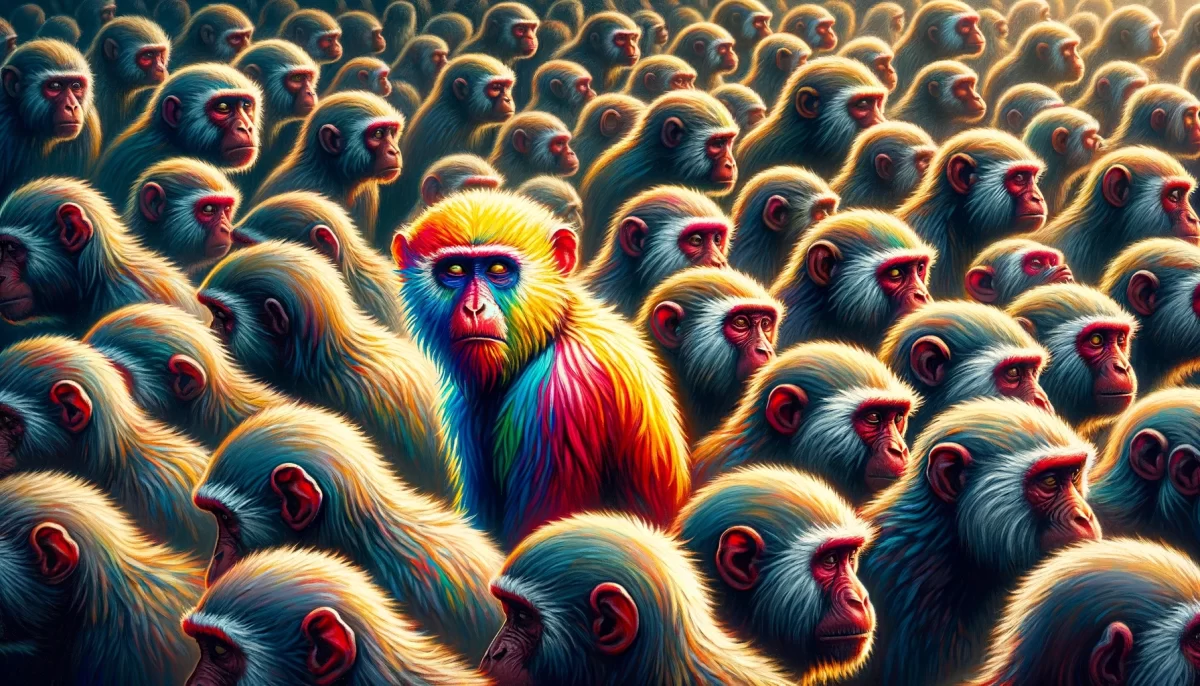

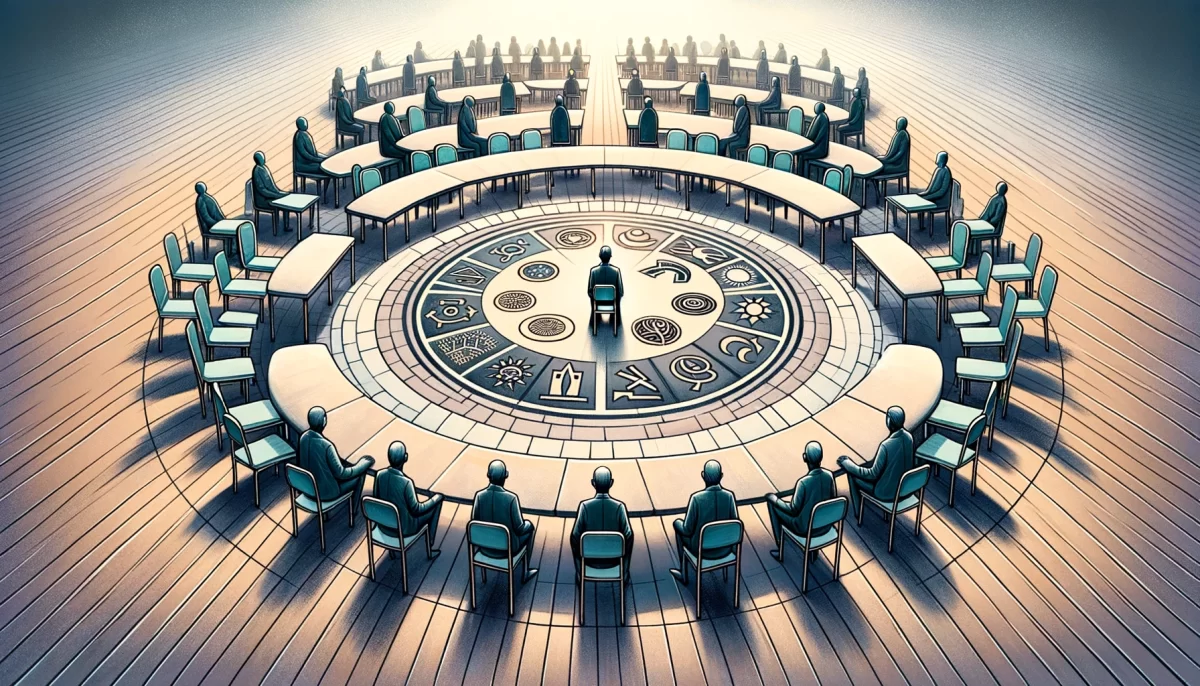
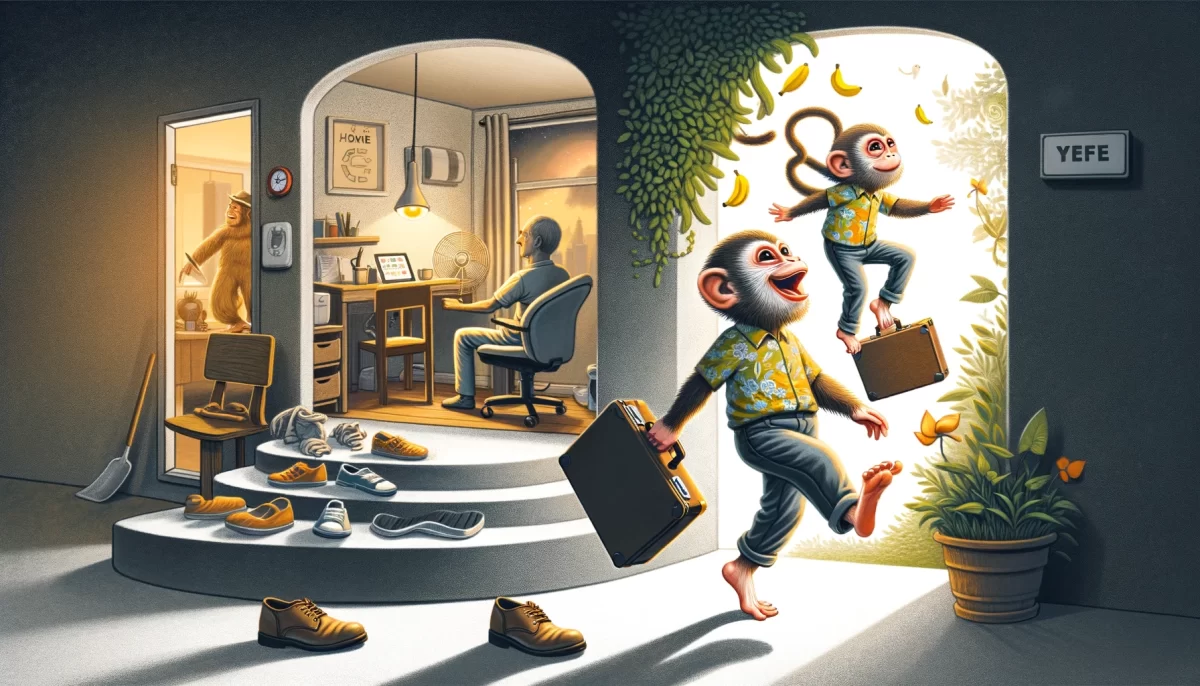
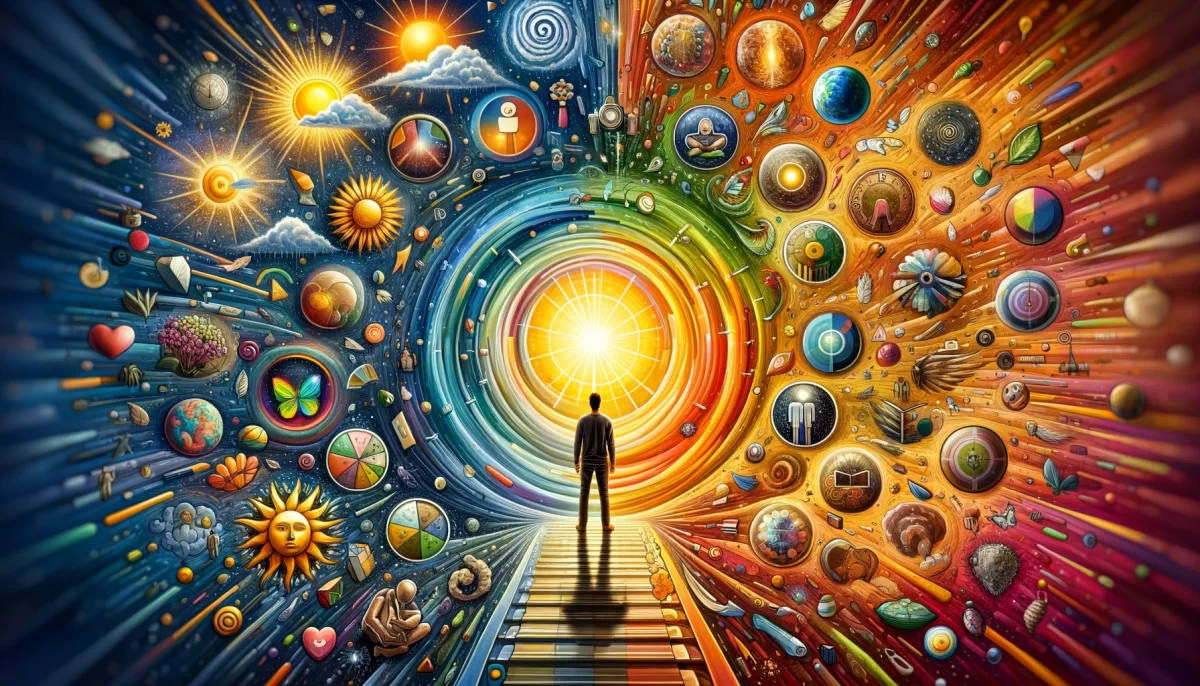
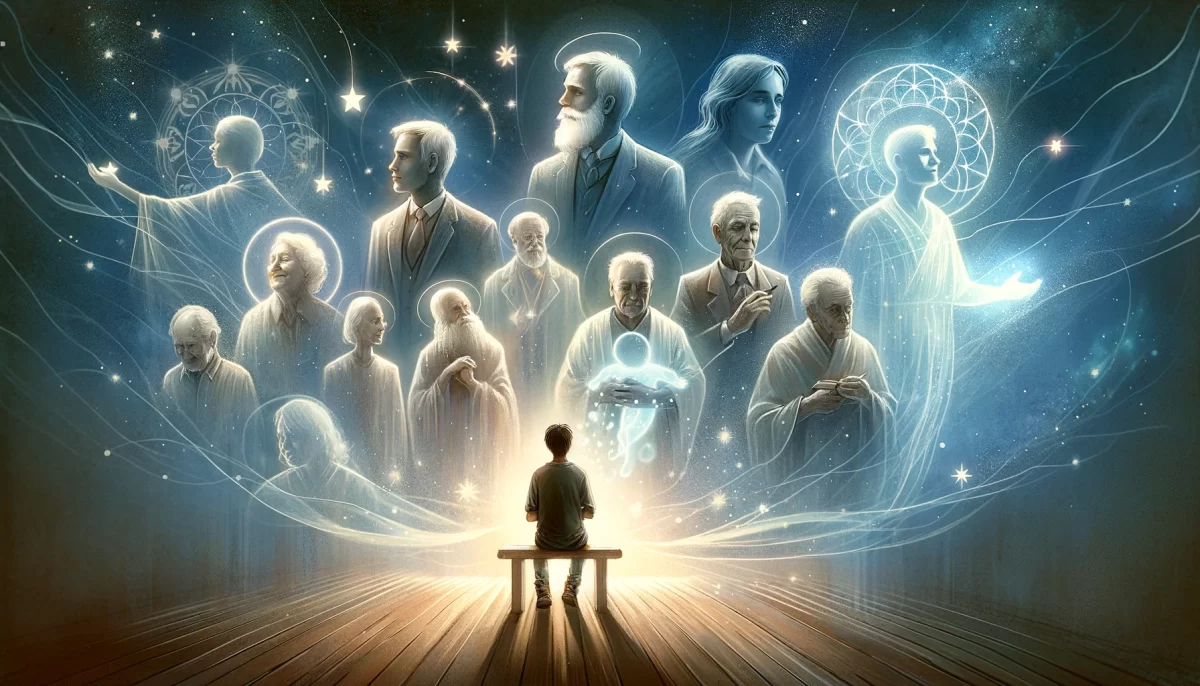
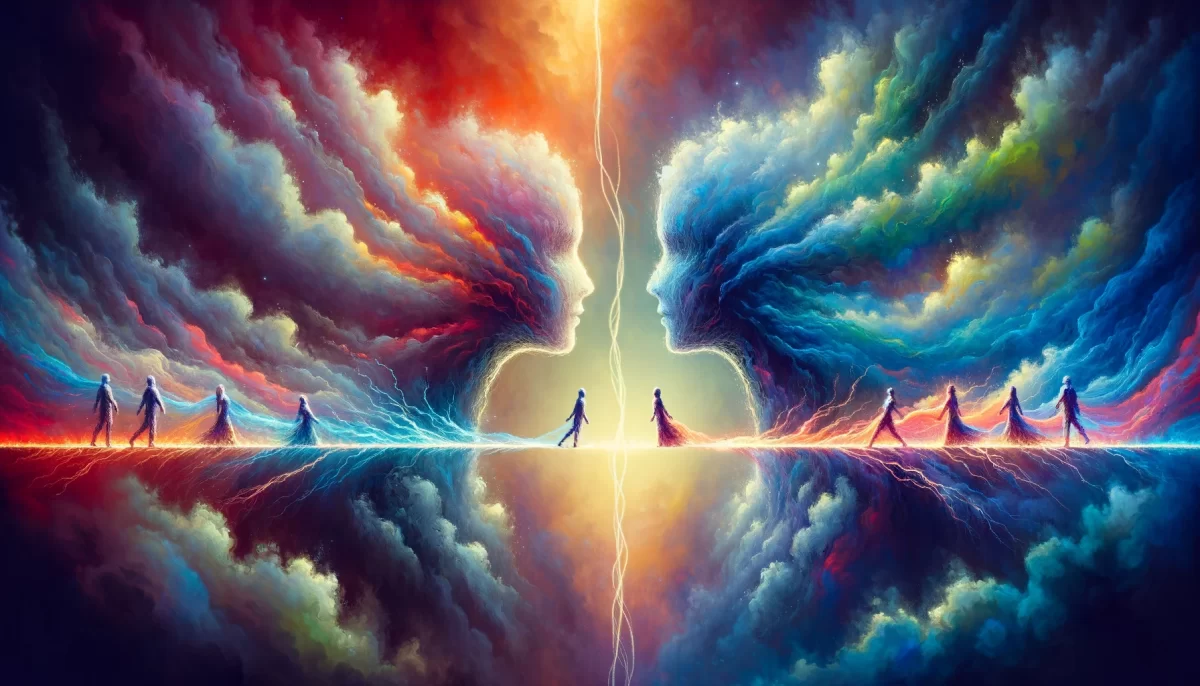
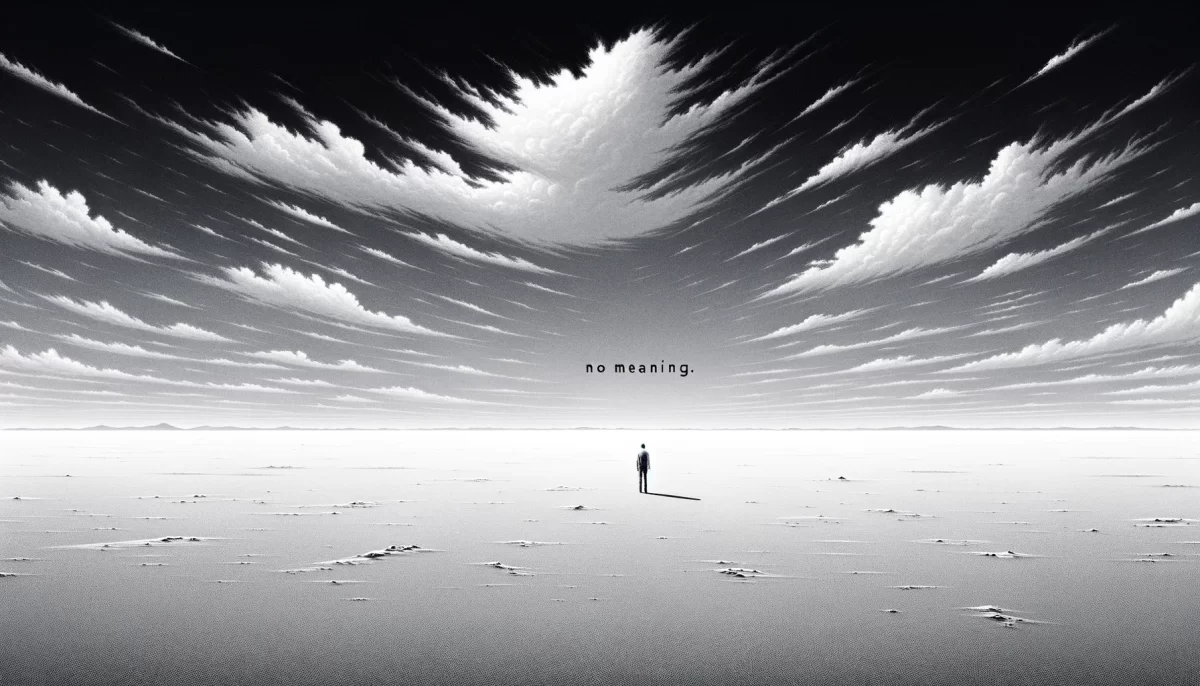
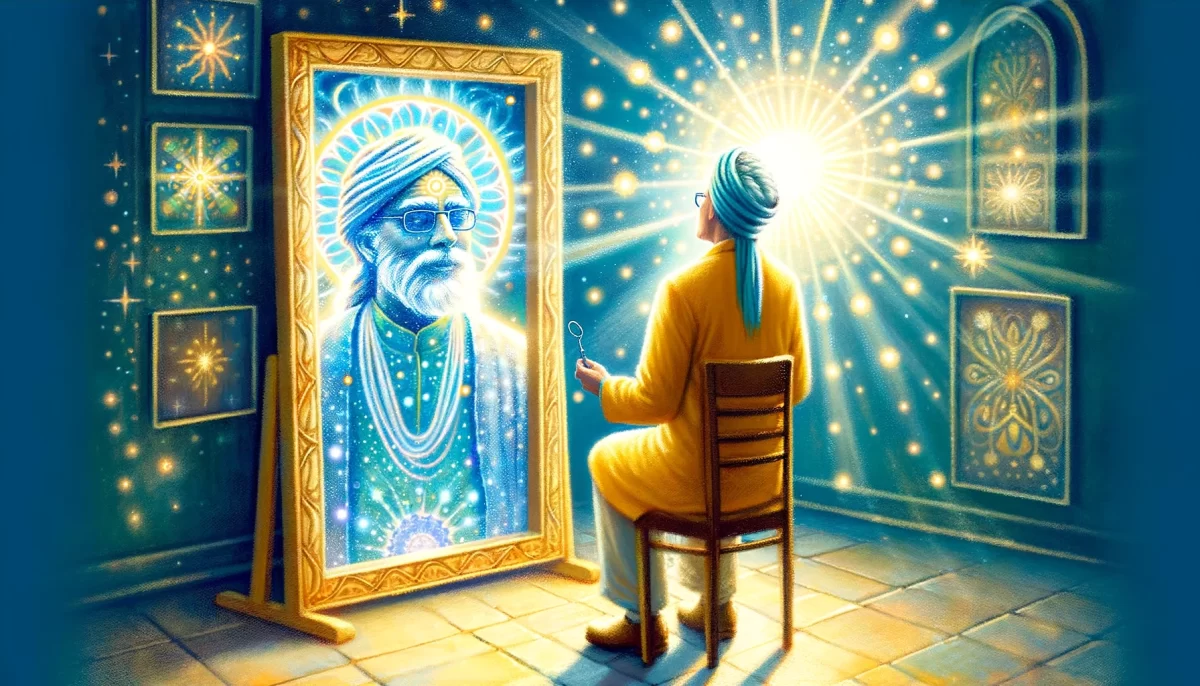
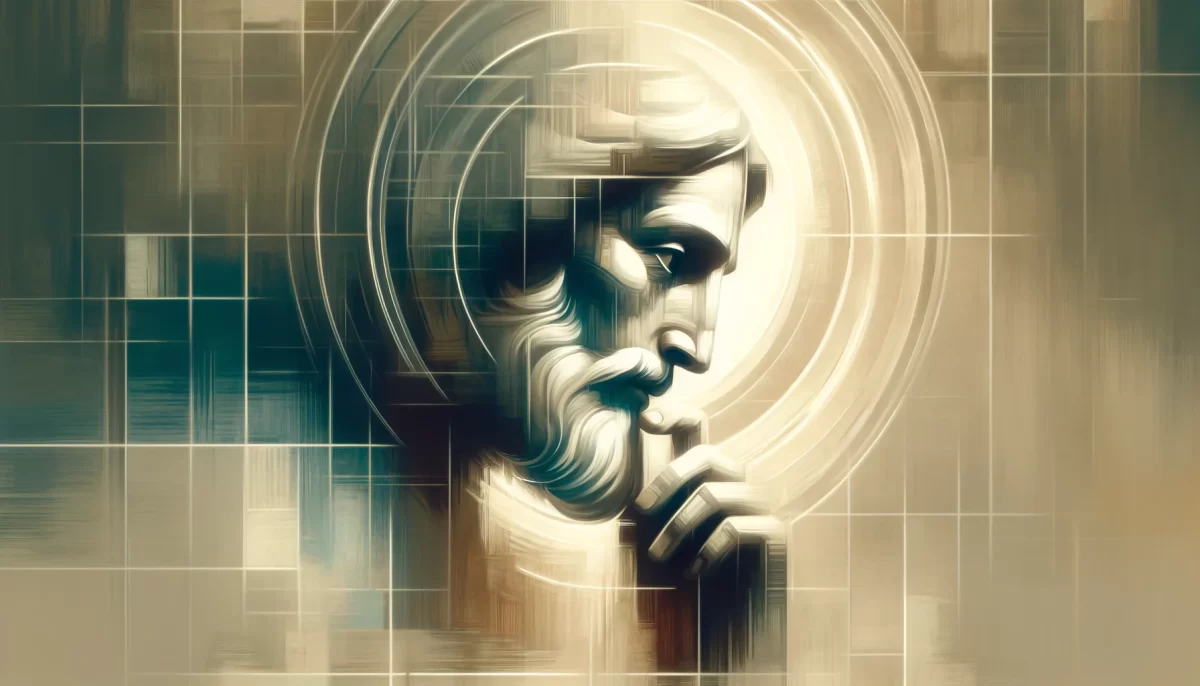
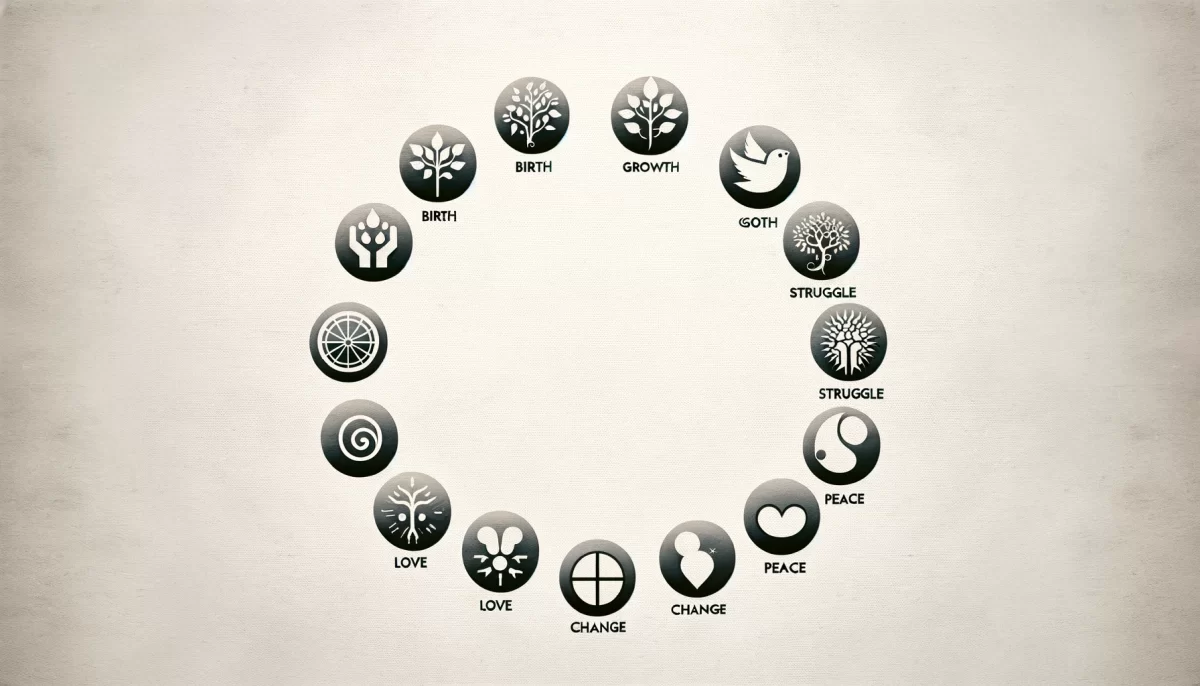

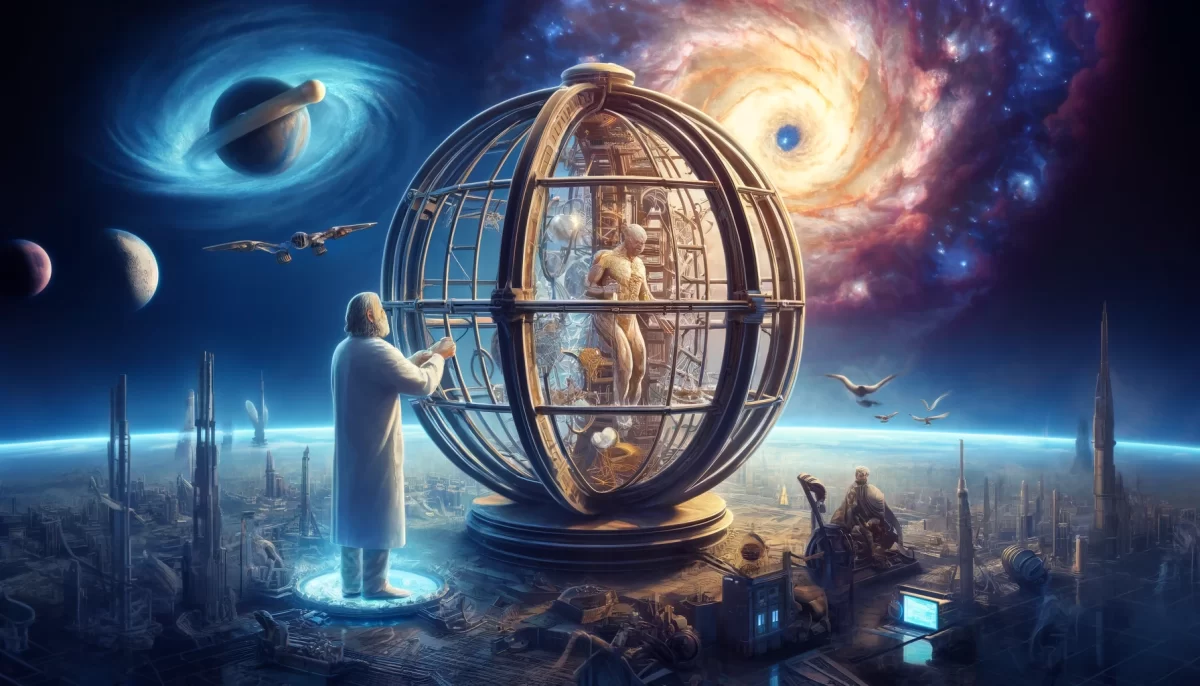

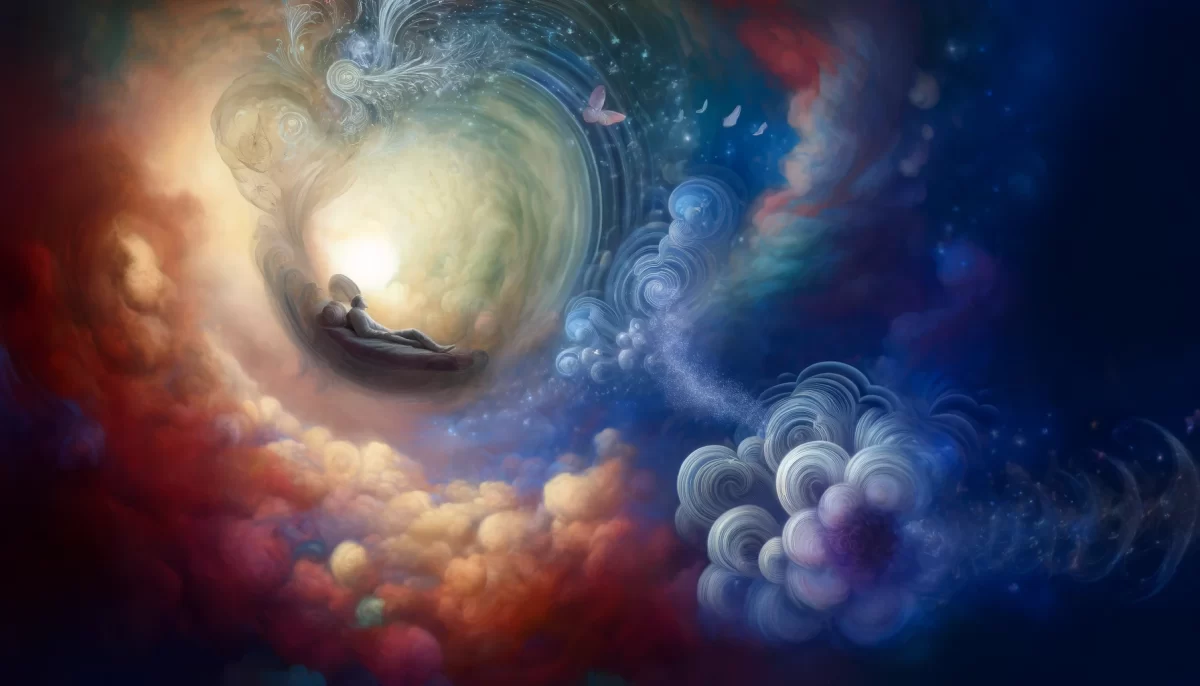
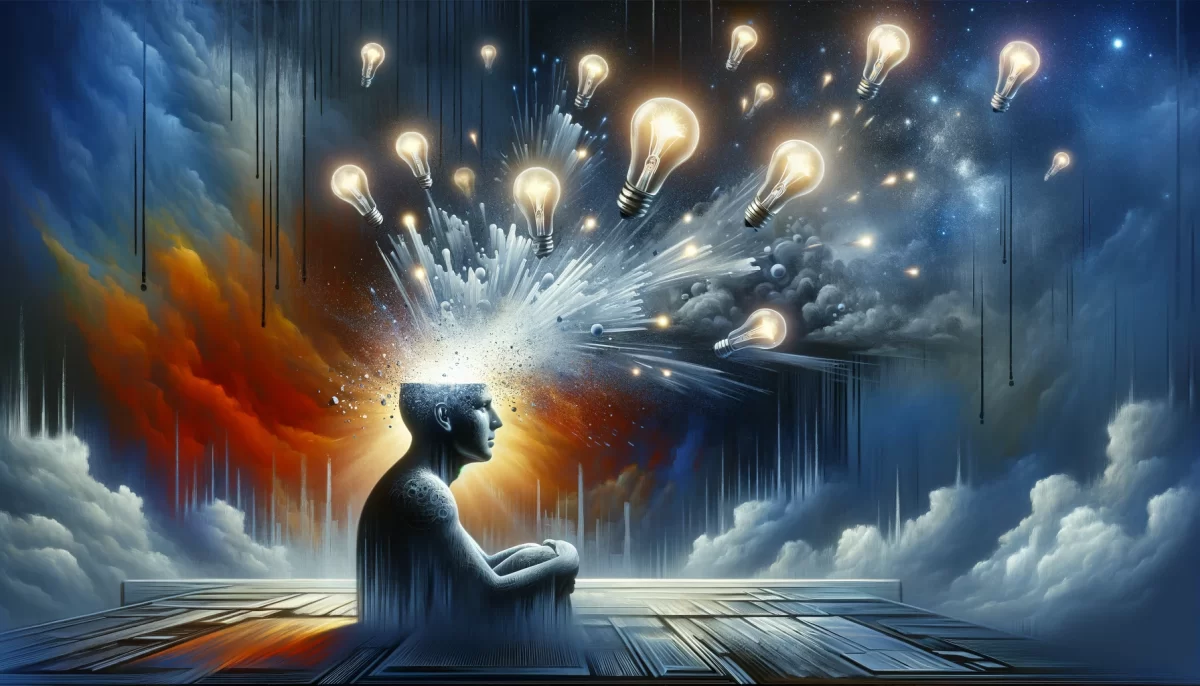
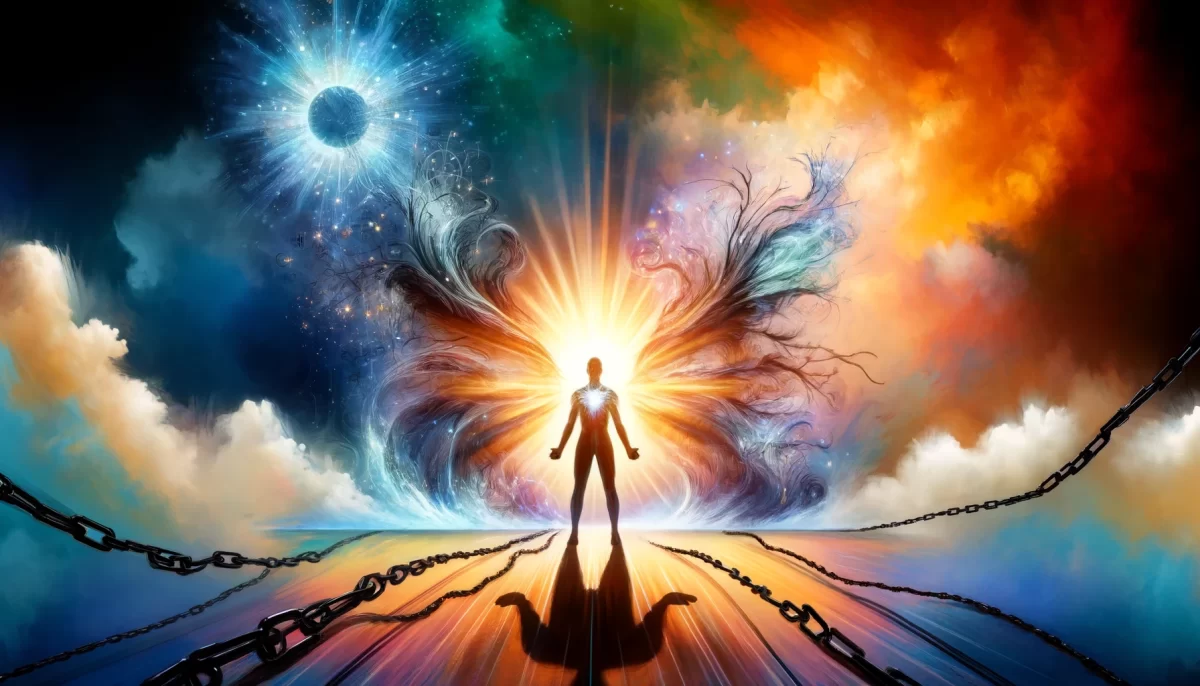
Leave a Reply